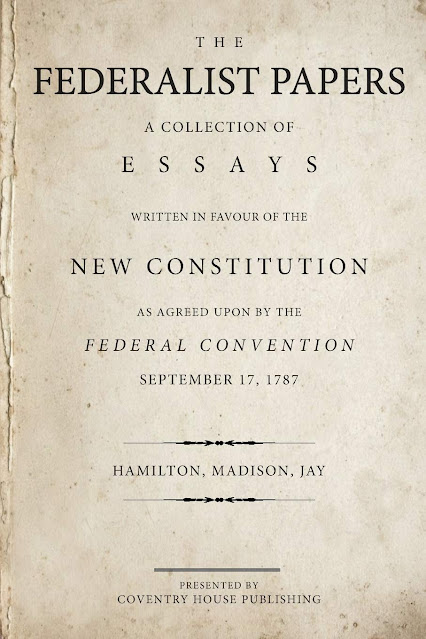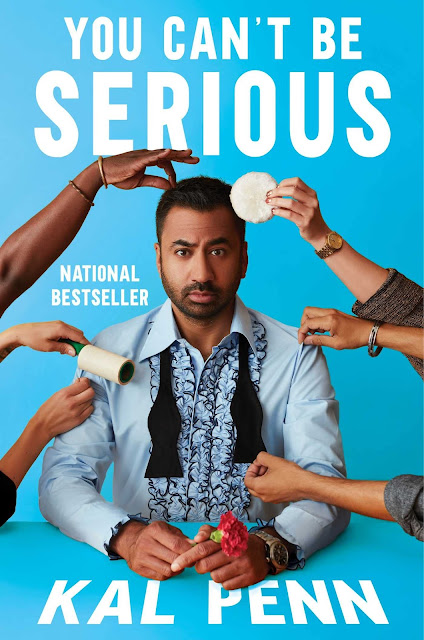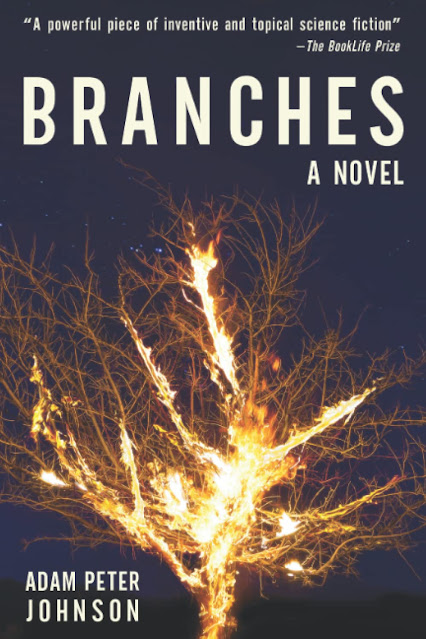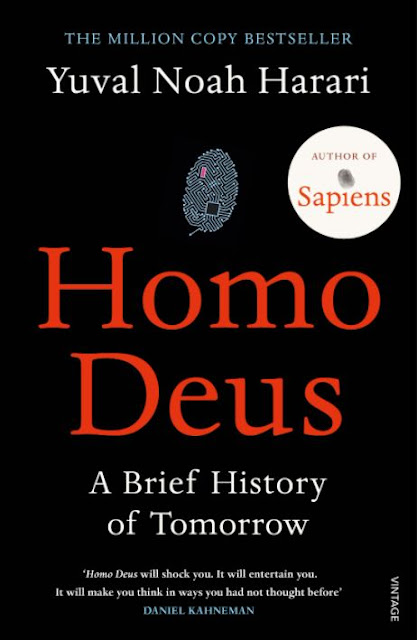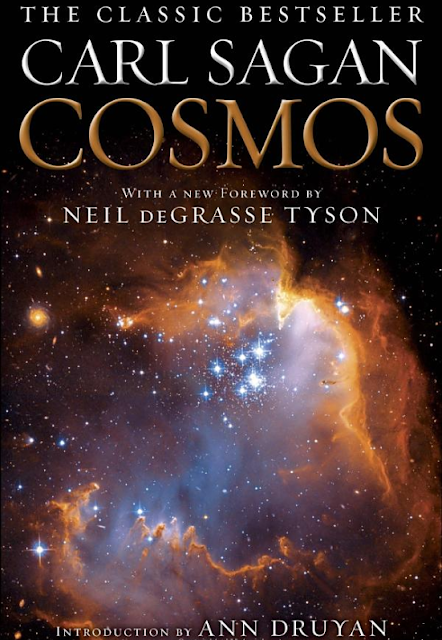It’s the Friday after memorial day, my fine internet strangers, so for today’s review, we’re talking about “
Shattered Sword” by Anthony Tully and Jonathan Parshall, a history on the Battle of Midway during World War Two. How this nonfiction is different from most contemporary histories of the battle written in English is it’s largely from the Japanese’s perspective.
What I love about this book:
“Shattered Sword” is a deep dive into the minute details of the Battle of Midway, leading up to the battle, during, and immediately after the battle. The authors use a plethora of eyewitness accounts where possible and inform those accounts by filling in gaps with official logs from the ships that fought the battle.
I appreciate the attention they took to giving the best possible description of the military hardware being used and their differences on either side of the conflict. The same goes for the different tactical doctrines of the Japanese and American naval ships and aviators.
War is rarely as symmetrical as it’s imagined in the movies where it’s either shown as a conflict of equals or one side which is vastly technologically superior to the other. World War Two is a fascinating conflict to me because it’s a hodgepodge of different militaries with different advantages and disadvantages, and the technology level is asymmetrical.
What I mean by this is the Japanese Zero fighter was unquestionably a better plane than the American Wildcat—fighting a Zero in a Wildcat was almost always a death sentence. The Japanese didn’t have a handle on radar like the Americans did, which created a whole different tactical dimension. American torpedos were notoriously unreliable compared to their Japanese counterparts, often being too heavy and sailing right under their targets or when they weren’t, ramming into their targets but then would fail to explode. On the other hand, American anti-aircraft guns were strikingly superior to the Japanese AA guns, which didn’t manage to shoot down more than two American planes, according to “Shattered Sword,” during the Battle of Midway.
The book captures this back and forth comparison of Japanese strengths and weaknesses vs. American strengths and weaknesses—but it’s more than just that. It also describes the mindsets and cultures of that era that created those advantages and disadvantages. “Shattered Sword” has, even more, to offer than just military hardware comparative analysis and cultural commentary of the opposing forces—it also delves into the strategic mistakes that Admiral Yamamoto made before a single shot was ever fired. Then it breaks down hour-by-hour how those mistakes disastrously played out for the Japanese at Midway.
What I don’t love about this book:
I appreciate the authors’ rigorous sticktoitiveness to what can be analyzed or conjectured from their own personal ken. However, when it comes to the point at the end of the book about the significance of the actual Battle of Midway in the Pacific War, I feel they’re a bit understated. Indeed, I accept the notion that in a prolonged war, based on economics, access to raw materials, personnel, and frankly the number of usable shipyards, I believe that an American naval victory in the Pacific over the Japanese was inevitable. I understand their reasoning for pouring a cold bucket of reality on the myths of Midway. There certainly is an over-inflation of the importance placed on an American victory there to the Allies cause.
What I disagree with is they seem only to measure “significance” based on the final results of the war. There is a lot to be said for soldiers’ and sailors’ morale and how it impacts their fighting effectiveness. And the other thing to take into account is initiative, which is paradoxical because the authors talk about the importance of initiative more than once in this book and how important it is for strategic purposes. So a loss at Midway would have been a massive blow to both American morale and initiative, while maybe this wouldn’t change the end result of the war; it would have certainly dragged it out longer, and cost more lives and ships. That’s my counter-argument for why winning at Midway was so crucial to the American navy. The authors even point out that after Midway, the Japanese won a few tactical victories but never recaptured the overall strategic initiative and, therefore, couldn’t make any moves that weren’t just reactions to what the Americans were doing.
This preview is an Amazon Affiliate link;
as an Amazon Associate, I earn from qualifying purchases.
Parting thoughts:
I watched the 2019 movie “Midway,” at about the same time I was reading this book. While it does an admirable job of using actual historical American aviators as characters instead of fictional creations, and it gets the what happened and when mostly right—it’s still primarily popcorn-munching nonsense.
What it and nearly every other movie based on World War Two gets wrong—on purpose, in my opinion—is how ill-prepared the United States was at the beginning of the war. Hollywood is squeamish about this fact, and not just with “Midway” if you’ve ever seen “Pearl Harbor,” you can see the same thing. What I’m referring too are these movies play lip service to the idea that we weren’t prepared for war and then the plucky, brave American ace combat pilots get into their planes and give those ole’ Japanese what for and splash a few zeros.
That myth is a disservice to the memory of those men who flew those planes and fought the Japanese. What they were, was mostly amateurs, who had shittier and slower planes than the Japanese—but those brave amateurs still got into those crappy planes, fought, and died in droves. Day in, day out, until we managed to grind the Japanese down by our ability to outproduce them, and those amateurs became seasoned pilots, and we finally built some better planes. That is true bravery, to know you’re outgunned, by better pilots, with better machines, and still, you’re going to fight until the homefront can build more and better ships and planes. Books like “Shattered Sword” and “Tin Can Titans” and “The Arsenal of Democracy” really drive home our ill-preparedness to the point that as an American, it gave me a minor existential crisis.
The United States, as the underdog and not the most technologically advanced in warfighting capabilities, like with every other American, is a foreign concept to me. It’s a statement that almost has no meaning—like saying the sky is going to be C sharp tomorrow instead of blue. It sheds light on our current pathological over preparedness to fight a conventional war like nothing the world has ever seen or is likely even capable of launching against us. The United States isn’t satisfied with spending more on defense than the next most prepared guy—we spend more on it then the next ten most prepared guys, where guys are countries, and nearly all of them are our allies. This is why no one does or likely will, in the near future, commit to fighting us in a conventional war. If at the beginning of the war in Afghanistan, we’d agreed to settle things by lining up all of their tanks vs. all of our tanks—then the conflict would’ve ended in less than an hour. Hell, most of our tanks wouldn’t need to fire a single shot or even put shells in most of the tanks—or gas. This is because the Taliban never had the resources to field a battalion of tanks, so why would they fight that way? The answer is they wouldn’t, and obviously didn’t, they stuck to their strengths, which is mostly guerrilla warfare tactics in either mountainous or urban environments. That isn’t a way to win against a standing army, but it is a way not to lose and, after all, a strategy that is essentially a holding pattern until the paradigm changes is a perfectly valid one—I mean, we did it. Also, this isn’t the first time this tactic has been used against us, all of the Vietnam war was essentially our soldiers wandering the jungle while the Vietnamese used guerrilla tactics on us until we gave up and went home.
These are the sorts of thoughts that give me pause when people start talking real gung-ho about a war with China. They cite our military might: how powerful our ships, planes, guns, bombs, drones, and whatever else is and how technologically advanced we are as if I can’t appreciate that simple logic. Going back through American history—to all the wars that were win or face annihilation, which wasn’t all of them despite what the government would like you to believe, we didn’t win because we made the best guns, ships, or planes. In World War Two, for example, we won out against the Japanese and the Germans who overall had superior training and weapons because we could make more than them. As in, in more people and guns—Russia was especially good at the people part, not so much the guns part. In a modern conflict between the United States and China, who do you think has the production advantage?
This is all navel-gazing, though, because it’ll never be an issue. Here is a bold prediction, and history has a way of making people eat those, but I don’t believe a multi-year, global conflict like a world war, fought with traditional weapons, like guns, planes, tanks, and ships—can ever happen again. That sounds reassuring, but it isn’t, it’s much worse than that because nuclear weapons exist. The moment a nuclear power gets backed into the metaphorical corner by conventional weapons where the genuine threat of annihilation seems likely—or even possible—well then, they can always just nuke the fuck out of the other guy. That guy will, of course, choose to nuke the fuck out of him right back. After all the radioactive fallout finally washes away over the bones of our civilization, then the cockroaches will get their shot at being “civilized.”
While we’re on a negative spiral here—let’s commit to it, and I’ll leave you with this particularly unpleasant thought. The only reason all of this hasn’t already happened is because of a concept called nuclear deterrence. What it basically means is, “I have nukes, and you have nukes, and if you use your nukes, I’ll use mine, and vice versa, and either way, we’ll both end up dead—so let’s not do that.” However, the Achilles heel of nuclear deterrence is it presumes everyone involved has an understanding of and respect for the power of these weapons and is also perfectly rational, reasonable, and not suicidal. Unfortunately, about ten thousand years of human history teach us that those traits are really just options in our leaders and not necessarily requirements.


